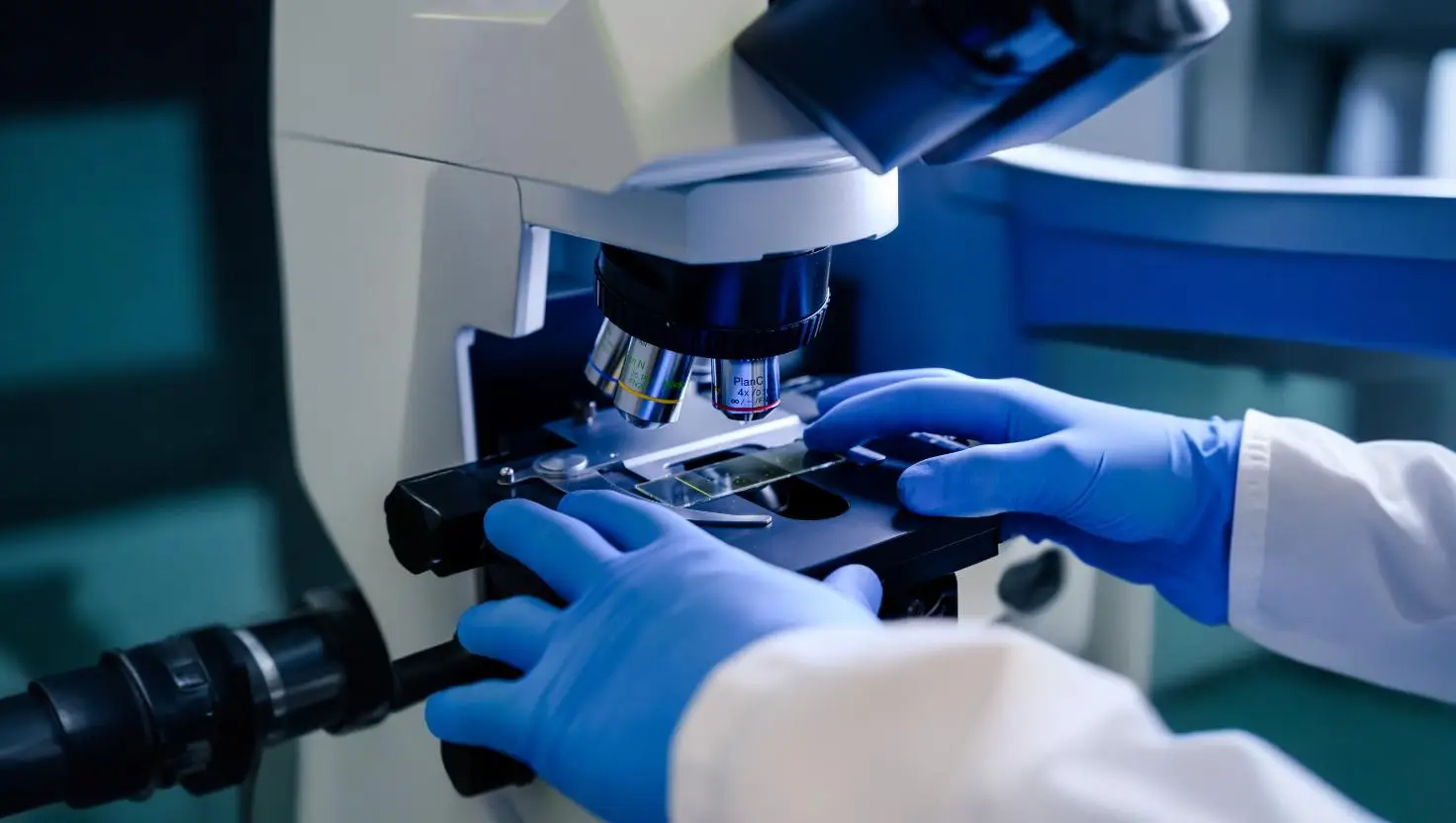FeUnderstand the importance of a semen analysis, interpreting results, and diagnosing male infertility effectively.
Introduction
A semen analysis is a key diagnostic tool used to evaluate male fertility and assess the quality of sperm.
Consider this important test if you and your partner are trying to conceive and haven’t been able to. The semen analysis helps healthcare providers understand factors such as sperm count, motility, and morphology, which can significantly affect fertility outcomes. It is important to understand that having a good egg and also a good sperm quality is essential to give rise to a healthy pregnancy.
Here’s a guide on when you might want to schedule a semen analysis.
1. After 6-12 Months of Trying to Conceive:
For most couples, fertility evaluations start when pregnancy hasn’t been achieved after 12 months of regular, unprotected intercourse. However, if you’re over 35, experts recommend seeking fertility advice after just six months of trying. If your partner hasn’t conceived within this time frame, it might be time to assess sperm quality through a semen analysis.
2. If You Have a History of Reproductive Issues:
In case you’ve had reproductive health issues in the past, such as undescended testicles, testicular surgery, trauma to the testes, or conditions like varicocele (enlarged veins in the scrotum), a semen analysis may be advised sooner rather than later. These conditions can impact sperm production or function, making it important to evaluate the health of your sperm early in your fertility journey.
3. Before Starting Fertility Treatments:
Suppose you and your partner are considering fertility treatments such as intrauterine insemination (IUI) or in vitro fertilization (IVF). In that case, your doctor may recommend a semen analysis as part of the pre-treatment evaluation. This helps in tailoring fertility treatment options based on your unique circumstances and sperm quality.
4. If You’ve Had a Vasectomy or Vasectomy Reversal:
For men who have had a vasectomy and are considering a reversal or IVF, a semen analysis can confirm whether sperm production and flow have been restored. This test helps doctors determine the best course of action to achieve conception following these procedures.
5. If You’ve Experienced Recurrent Miscarriages:
Recurrent miscarriages may not always be linked to female fertility issues. Sometimes, sperm DNA fragmentation—when the genetic material in the sperm is damaged—can contribute to pregnancy loss. A semen analysis, along with additional tests like sperm DNA fragmentation assays, may help identify the cause.
Understanding What a Semen Analysis Involves:
A semen analysis typically looks at several key factors:
- Sperm Count: The number of sperm present in a single ejaculation.
- Sperm Motility: The percentage of sperm that are moving, as well as how they move.
- Sperm Morphology: The shape and structure of the sperm, which can impact their ability to fertilize an egg.
- Volume: The amount of semen produced during ejaculation.
- pH Level and Other Indicators: This measures the acidity or alkalinity of the semen and can provide clues to potential issues.
Conclusion
The semen sample is usually collected through masturbation at a clinic, though some men may be allowed to collect the sample at home under specific conditions. It’s best to avoid ejaculation for 2-5 days before the test to ensure an optimal sample, and you may need to repeat the analysis if the results indicate any abnormalities.
A semen analysis provides invaluable insights into male fertility and can guide you and your partner towards the right treatment or solutions, whether that involves lifestyle changes, medication, or assisted reproductive technologies like IVF or IUI.
FAQs:
- How long do semen analysis results take?
Semen analysis results are usually available within 1 to 3 days, depending on the laboratory. The report will provide detailed information on sperm count, motility, and morphology.
- Can lifestyle factors affect semen analysis results?
Yes, lifestyle factors such as smoking, excessive alcohol consumption, stress, and poor diet can impact sperm quality. There is good evidence to prove that smoking affects the DNA makeup of sperms, increasing the risks of miscarriages. Maintaining a healthy lifestyle can improve semen analysis outcomes.
- What happens if my semen analysis results are abnormal?
If your semen analysis shows abnormal results, your doctor may recommend lifestyle changes, medications, or further testing.
- Can a semen analysis detect all male fertility issues?
While a semen analysis is a crucial first step, it may not detect all fertility issues. Additional tests, such as sperm DNA fragmentation, hormone evaluations and genetic testing might be needed for a comprehensive assessment.




